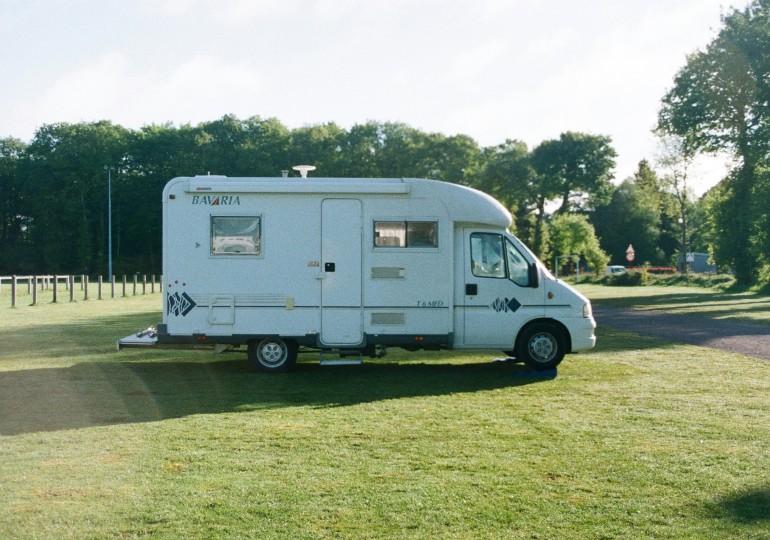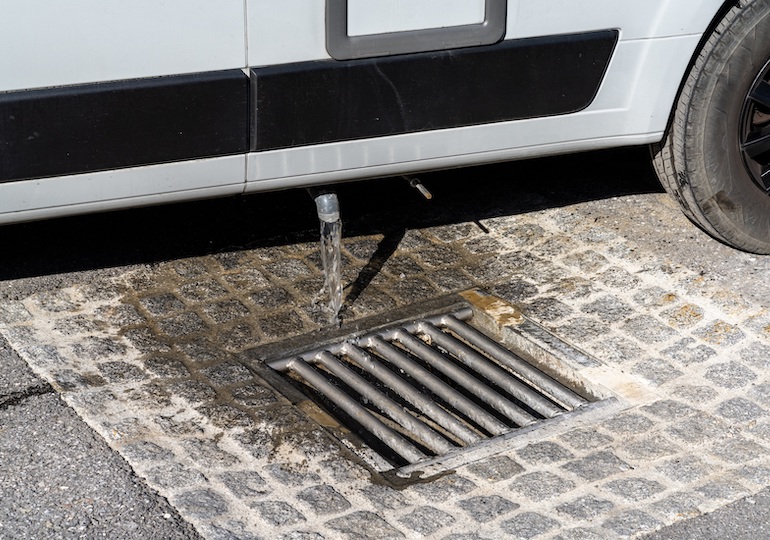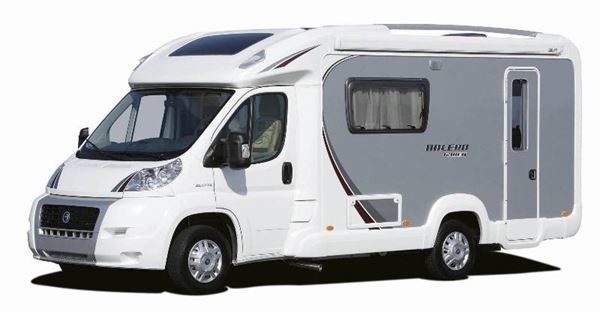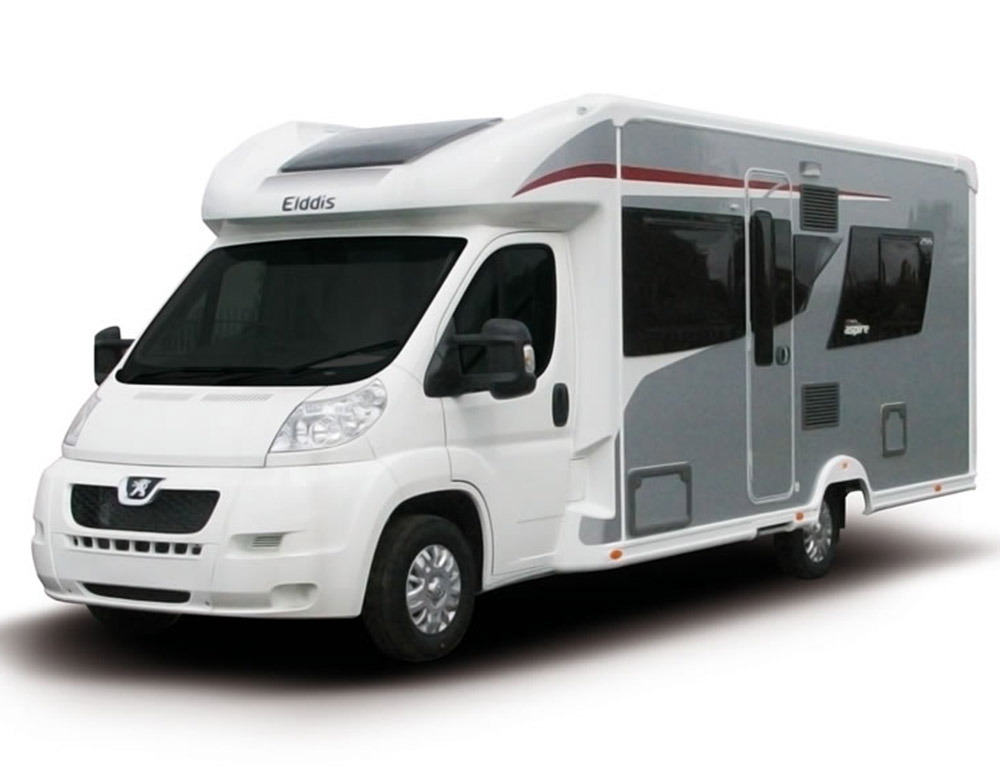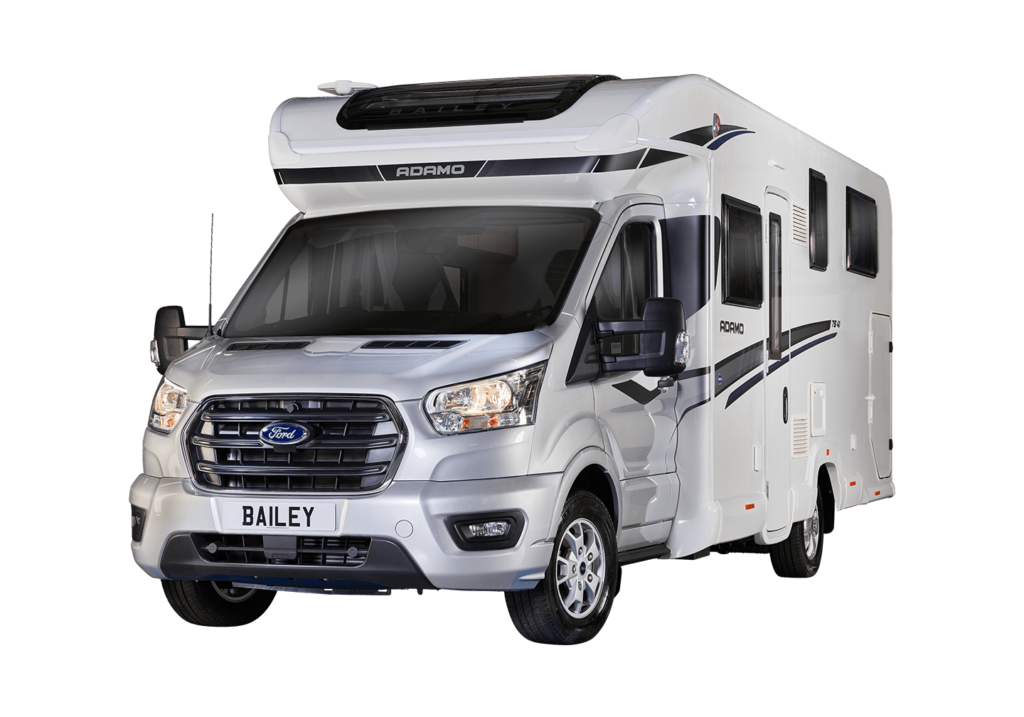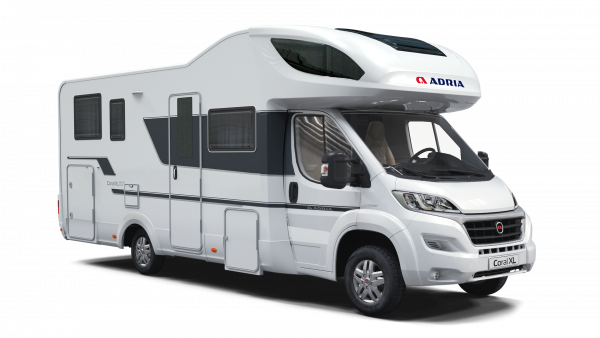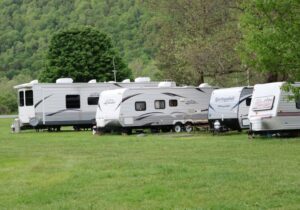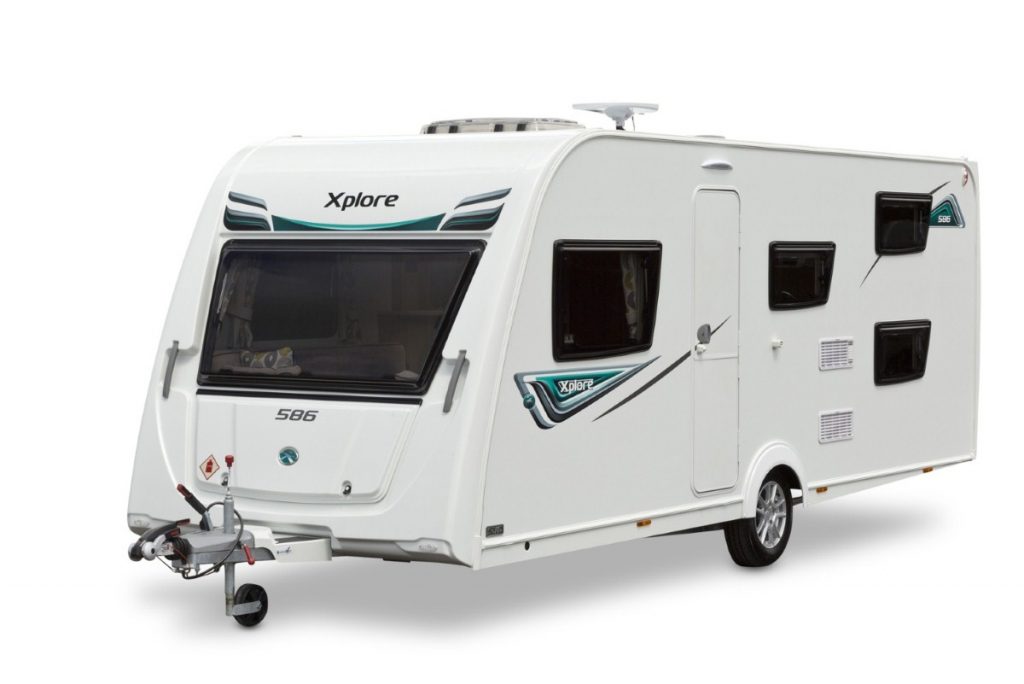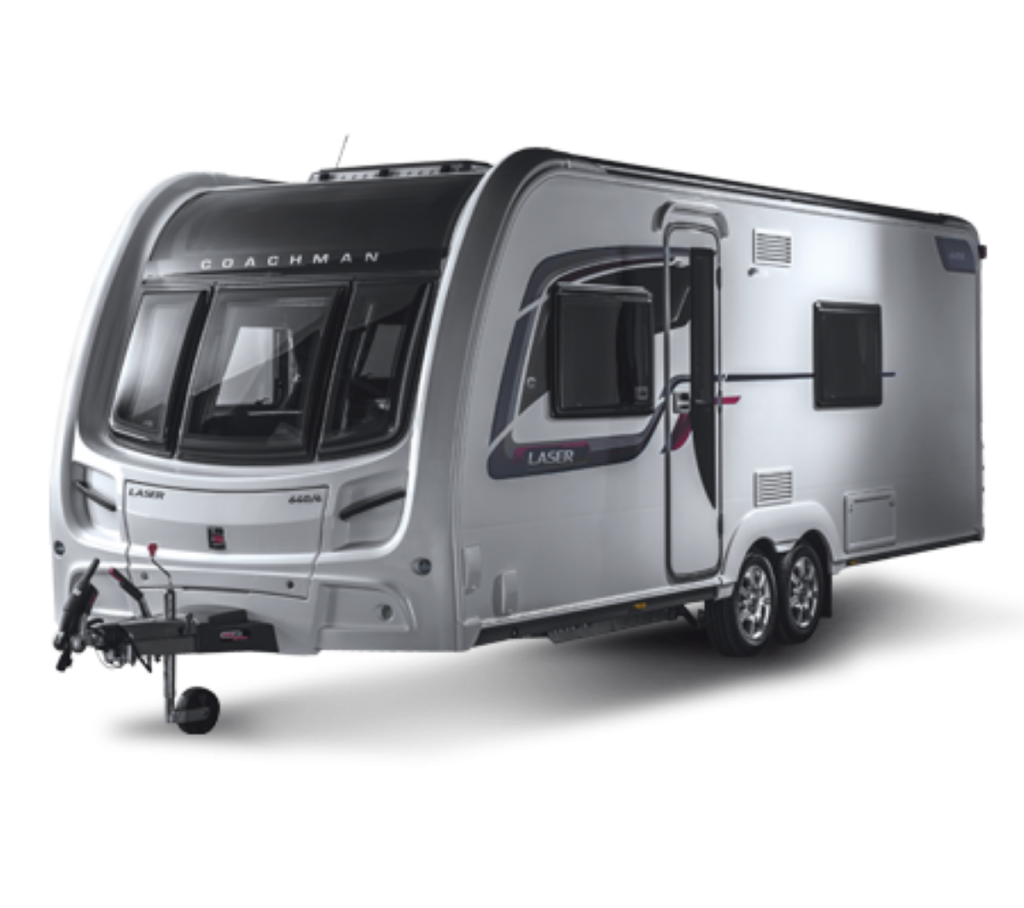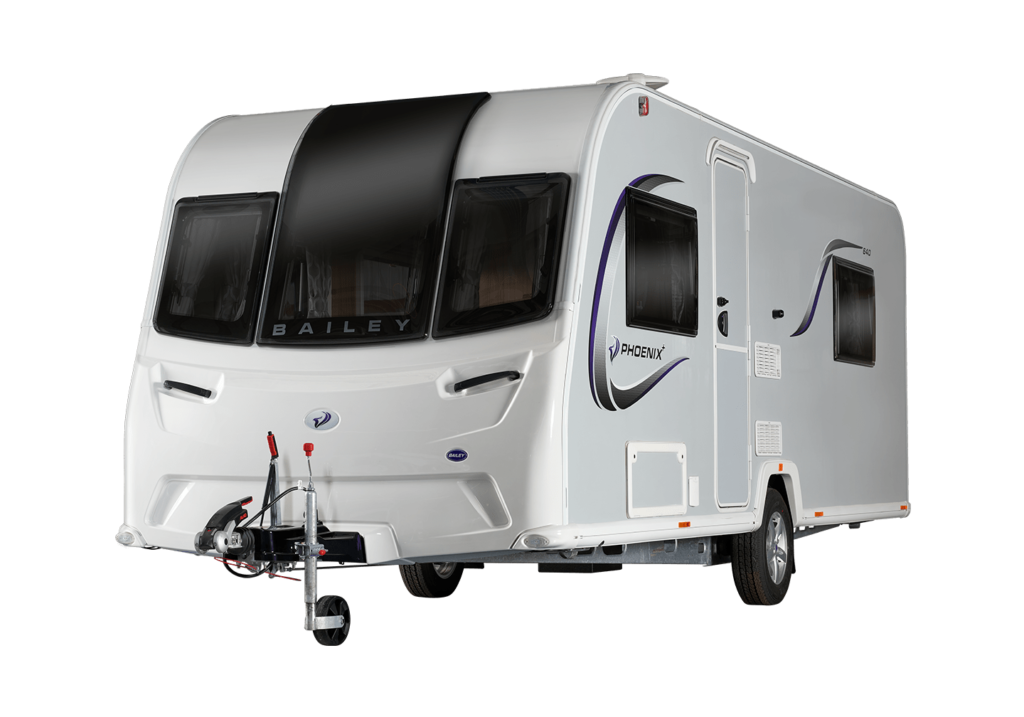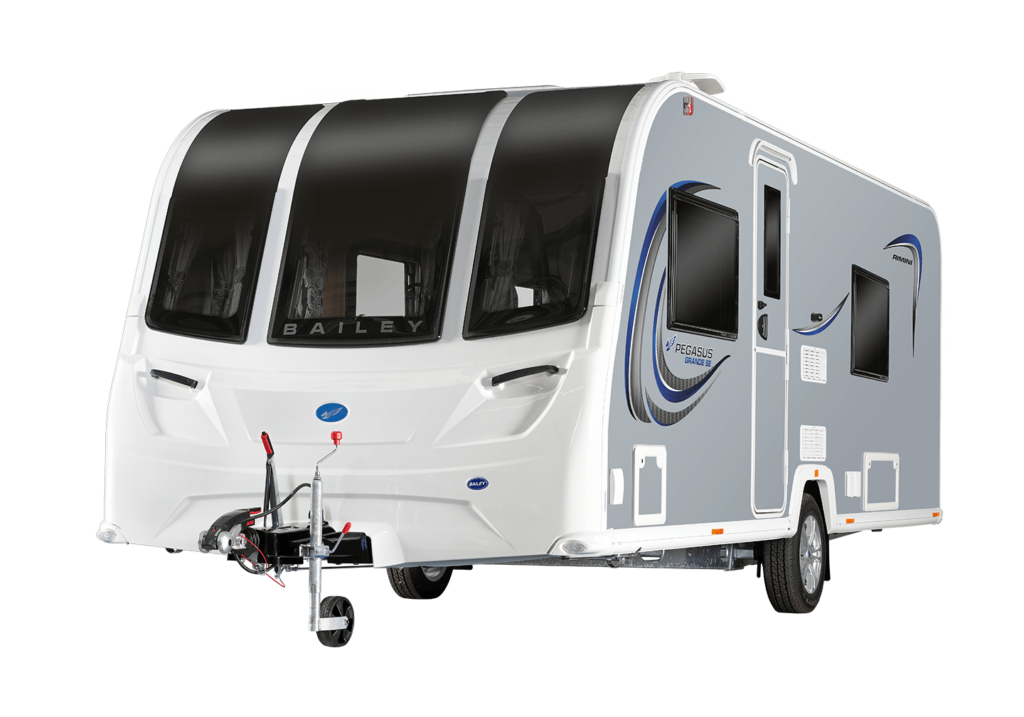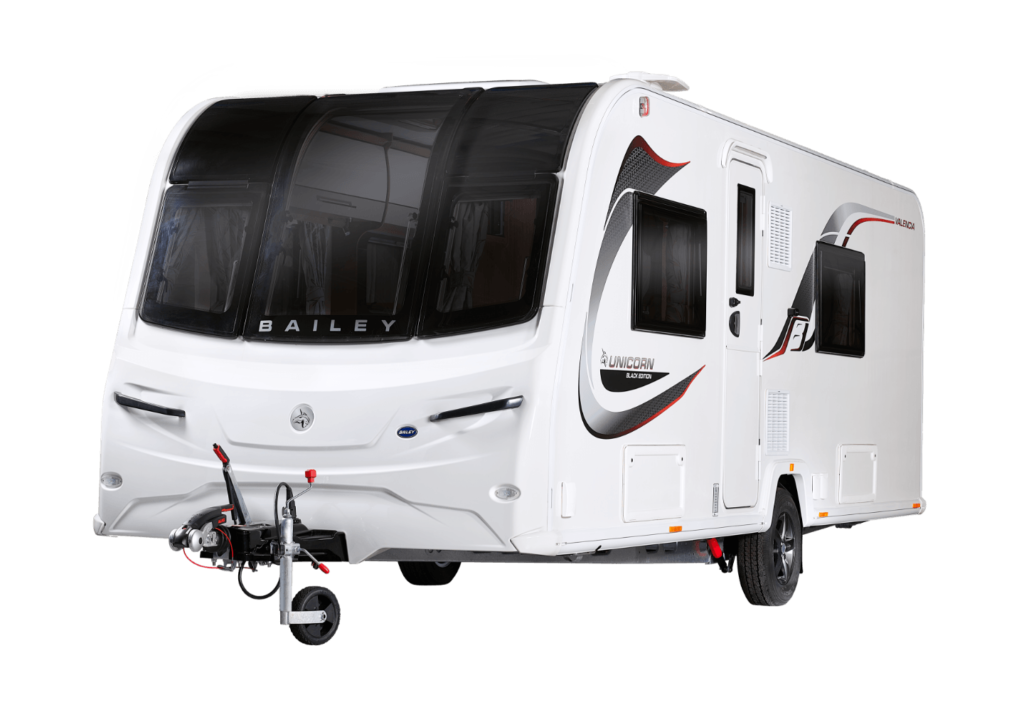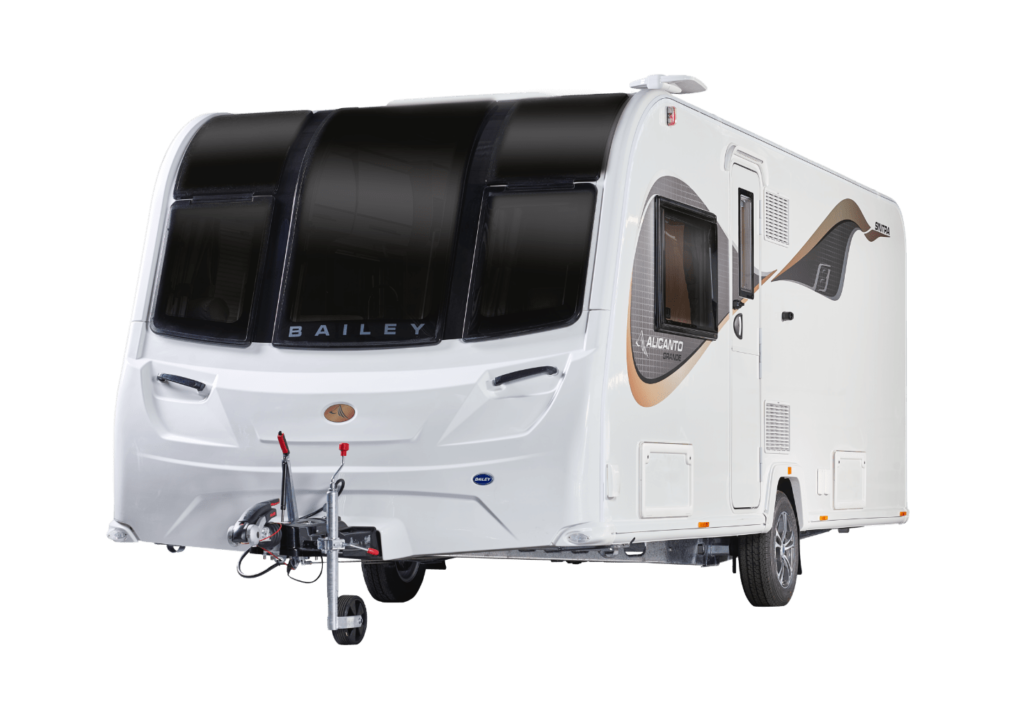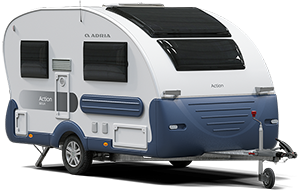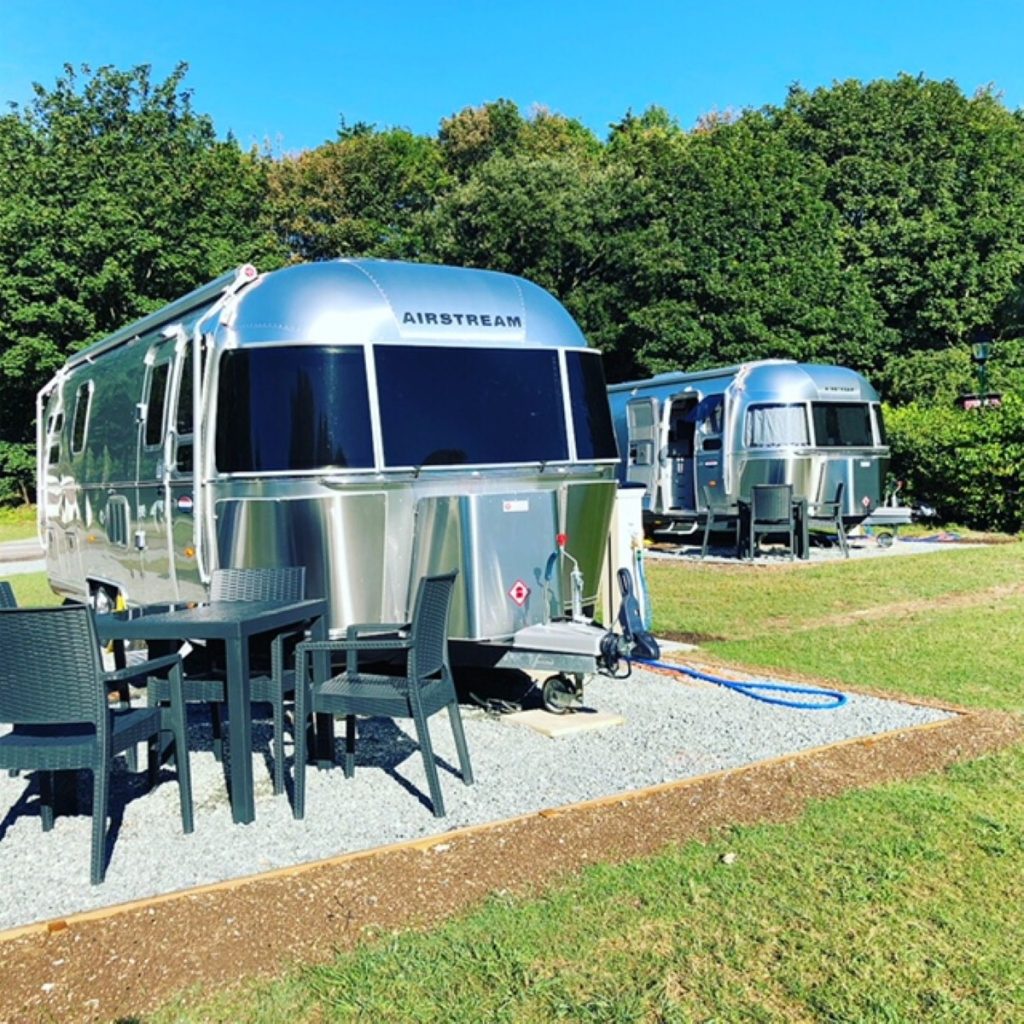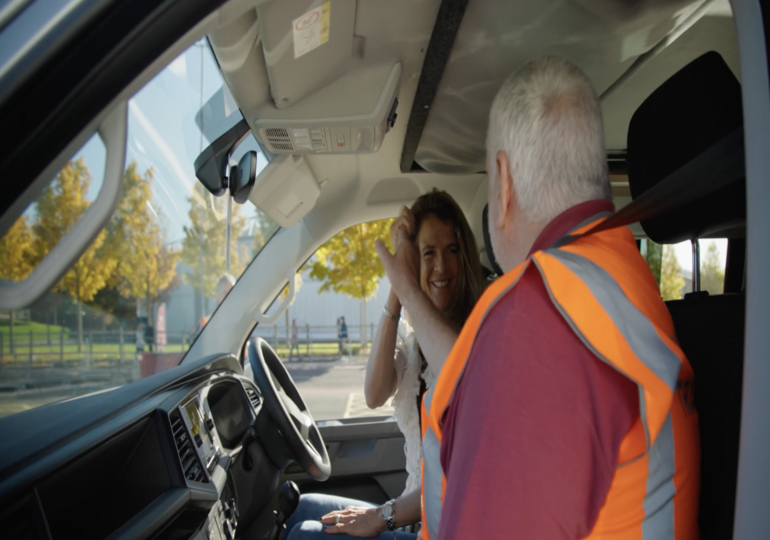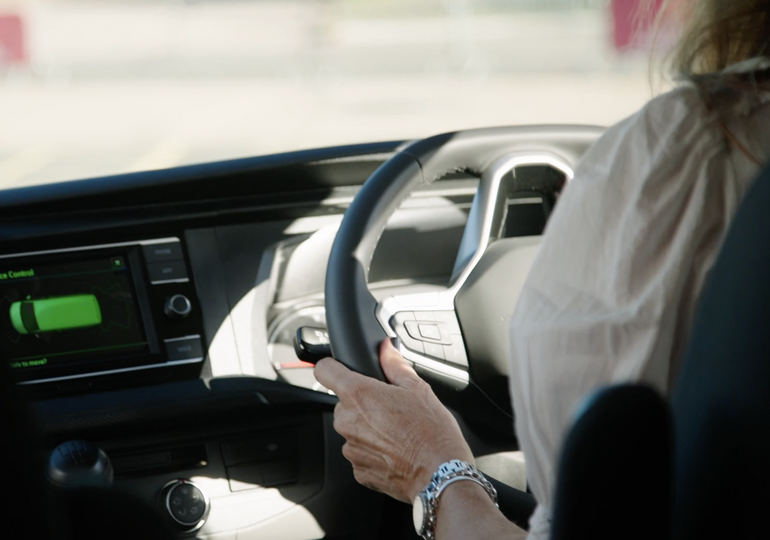Winter is just around the corner and it’s a time of year when a disproportionate amount of road accidents occur. If you’re planning a cold-weather touring adventure, it’s important to make sure you’re taking the right precautions to avoid accidents when driving a caravan or motorhome.
To help you stay safe, the team at ChooseMyCar.com have put together a list of tips for driving in cold weather conditions. Founder Nick Zapolski commented:
“It’s really important to get yourself prepared for winter motoring, as half the battle is being ready. Breaking down in summer is a lot different to breaking down in the freezing cold weather, on an unlit road. Being aware and prepped for winter driving will give you some assurances before you make any journey, and help keep you and your family safe.”
- Get your car prepared for winter
Ensure your car is ready for the potential risks that bad weather brings. This includes equipping it with items like a warning triangle, water, warm clothing, a torch, a phone charger, and an ice scraper among other things. They will make sure you’re prepared in case anything does go wrong. It’s also a good idea to consider using winter tyres.
- Know what to do if you break down on an unlit road
If this happens, you’ll need to alert other drivers to the fact that you’ve broken down using your hazard lights. Once they are on, you can pull over in a suitable location, place a warning triangle 45 metres behind your car and caravan and wear high-vis clothing to ensure other drivers can see you.
When you’re safely out of the way, call breakdown services to help or, if you don’t have any phone signal, flag down another car safely.
- How to proceed if your brakes fail
If your brakes fail, put your hazard lights on immediately and slow your vehicle down using your gears. Once you are at an appropriate speed, use the handbrake to come to a complete stop in a suitable place.
- Driving on snowy or icy roads
If you can’t avoid travelling in snowy or icy conditions, be sure to plan enough time for your journey and take it steady.
Consider changing to winter tyres or keeping snow chains on your car. Additionally, ensure your car is prepared with items such as a de-icer, ice scraper, warm clothes and plenty of food and water in case you break down.
When on the road, be sure to keep a safe distance from other vehicles. If you do hit any ice, keep the steering wheel straight and don’t hit the brakes suddenly.
- Driving in heavy rain or on flooded roads
In the winter, it’s more common for flash floods to occur without warning. If you are caught in heavy rain, it’s important to turn on your headlights and drive to higher ground as safely as possible. Leave twice the normal stopping distance between your vehicle and others on the road.
Image credit: Oliur / Unsplash








